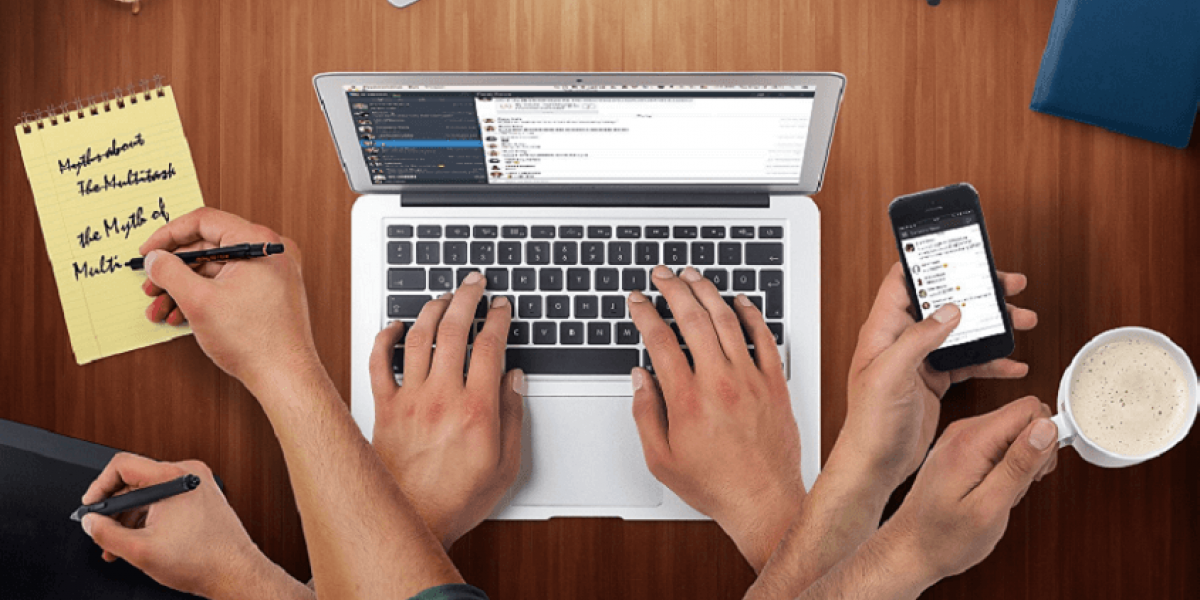What is Multitasking and How Does it Affect Your Brain?
We generally think of multitasking as our attempt to do multiple things at once. It’s just like the busy receptionist of any organization who is getting calls, dealing with clients, and taking files. Or just like a project manager spending all day in the office while writing reports, managing employees and getting updates from coworkers. But have you ever wonder what multitasking does to your brain? Learn now.
According to Dr. Meyer, trying to split your attention between tasks that require effort and concentration means one or both of them will suffer:
“Once you start to make things more complicated, things get messier, and as a result, there’s going to be interference with one or more of the tasks. Either you’re going to have to slow down on one of the tasks, or you’re going to start making mistakes.”
What Multitasking does to your brain?

Many other studies have found that excessive multitasking has severe consequences on our mental and physical well-being.
-
Impacts your short-term memory:
A 2011 research study from the University of California San Francisco found multitasking adversely affects your working memory—your brain’s “Scratchpad” used to control and concentrate on important knowledge.
Leads to prolonged anxiety: Neuroscientists state that multitasking literally consumes your mind’s power reserves, making you lose focus and become more worried.
Hinders creative thinking: Added stress and a shortage of brain “energy” caused by multitasking can also cause you to waste your capability to think outside the box. To be inventive, our minds need space to understand or “hatch” new ideas.
-
Prevents you from getting into a state of flow:
Flow is the state of mind where we’re so concentrated on a task that our productivity skyrockets. (In one instance, officials said they were 500% more productive while inflow). Though, flow needs sustained energy and locus. Something multitasking gets in the way of.
Causes more mistakes and less productivity:Various investigations have found that multitasking causes people to take longer to do easy tasks, lower your IQ by an average of 10 points, and can even have the same adverse impression as losing a night’s sleep.
